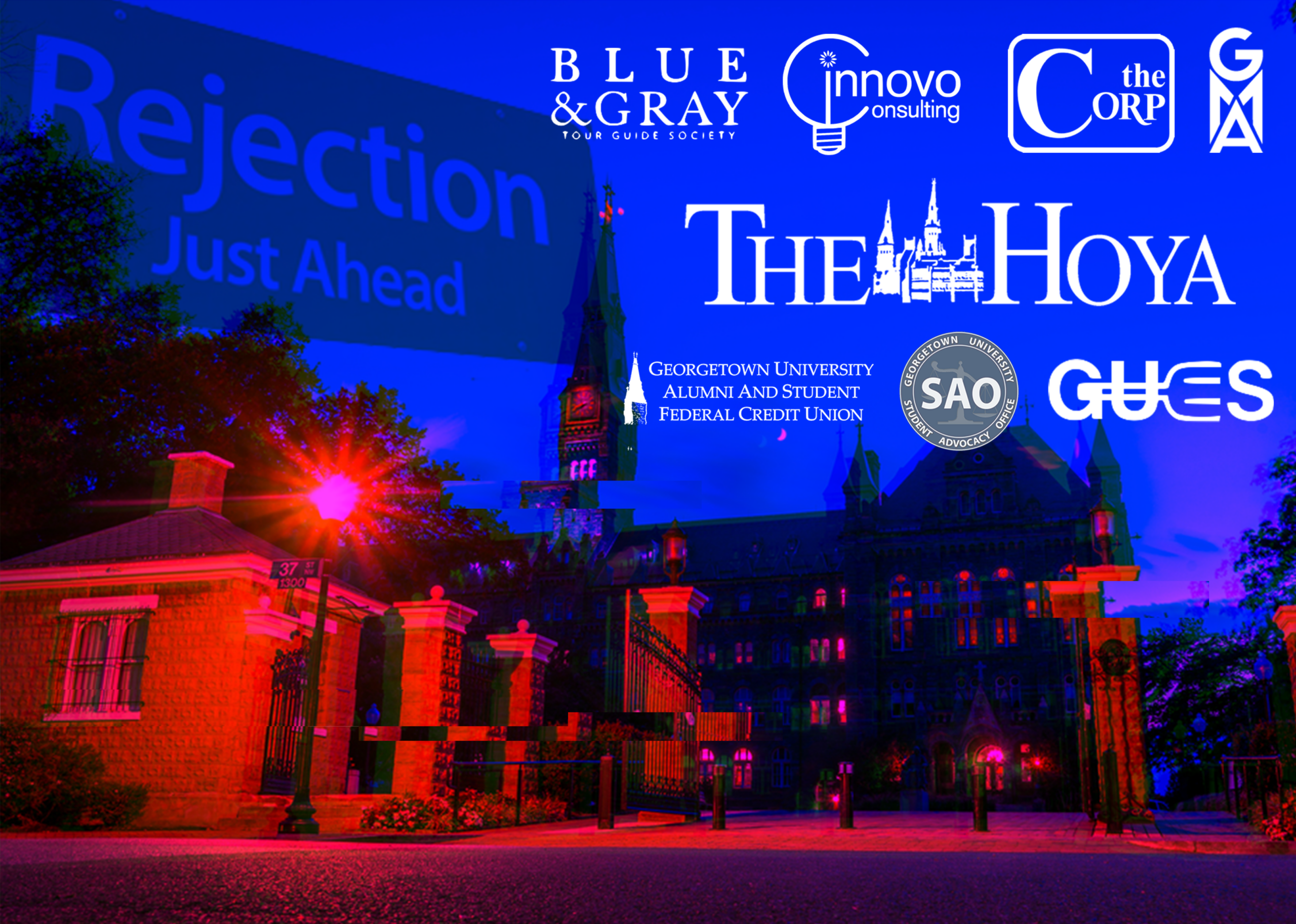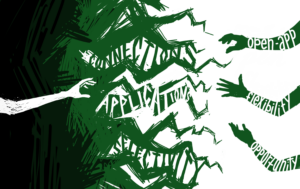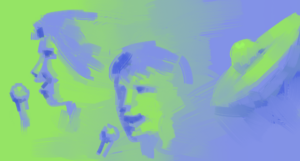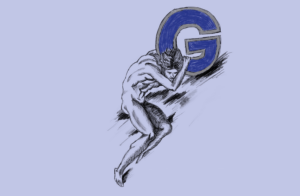Clubs drive Georgetown’s social culture. From their first CAB Fair, students are bombarded with hundreds of showcases, pitches from enthusiastic upperclassmen, and a club application process that pulls us into the allure of exclusivity. For some clubs, there is no application process; signing your name is the only barrier keeping you from unexpected friendships, new opportunities, and a new skill.
For most organizations, however, this is far from true. For many of the most well-known clubs on campus, extensive application processes are routine. Blue & Gray (the unpaid tour guide society), The Hoya, consulting clubs like Innovo, and investment clubs like GU Student Investment Fund all require an application, as well as interviews with current members. The Corp has an extensive hiring and interview process. Even the Eating Society—which brands itself as a social space, not pre-professional development—has a staggered application process. Isn’t there some irony to having to demonstrate interest in eating?
This structural exclusivity, rather than warding off potential members, is often a greater enticement for students to partake in them. Students buy into the heuristic that an application implies a desirable club experience—suddenly membership is understood to be lucrative. This results in a preference for application-based clubs, showcased by the organizational priority that is often given to application-based clubs at CAB Fair.
This closed-off nature of Georgetown’s clubs makes it challenging to excitedly engage. Rather than joining clubs to pursue passions, first years are not only overwhelmed by choice, but also burdened with applications and the fear of rejection. They also must consider whether organizations they’re interested in require experience prior to college—experience that is too late to get. These steps functionally prevent many students from participating in certain organizations, often for completely unjust reasons such as the opportunities offered at their high school.
Virtual CAB Fair compounded these trends, making it hard to believe that Georgetown fosters a welcoming student social environment. Organizations present during the fall 2021 CAB Fair were absent at online CAB this semester. It became a scavenger hunt to find clubs without strings attached, let alone find information about how to get involved.
Processes to “weed out” certain students are not merely annoying; the practice is divisive and problematic. It inserts Georgetown’s already career-focused and ultra-competitive culture into social life, the one place we should take a break. Students are forced into making panicked decisions about interests and career pursuits in the first few weeks of college. Good luck trying to get into one of these organizations if it was not during the cycle in freshman year, since many clubs only recruit underclassmen—and working up to any type of leadership position within many clubs without joining first year is even more tainted.
Another issue with Georgetown’s club culture is the ubiquity of unpaid labor. Organizations such as Blue & Gray ask students to commit multiple hours of volunteer work. At many peer institutions—UCLA, Yale, Brown—tour guides are paid for their work. Because Blue & Gray doesn’t receive enough funding to pay guides, it excludes low-income students who must dedicate hours to other jobs, thereby losing out from the community’s benefit.
Since Blue & Gray often provides the initial presentation of the university, diversity among its tour guides are essential. When the social and demographic makeup of these guides is homogenous, the perspective they can provide to potential students is limited and the image it presents of the student body is narrowed.
Georgetown’s club culture can also pose barriers to students of color. It’s common for application-based clubs to be largely made up of white students, sending the often unintended but still obvious message to potential members of color that these organizations were not created for them. And even when students of color do join these organizations, they are often faced with club leaderships that are almost entirely white—an especially significant problem, since student leaders represent not only who is welcome in an organization but also who is encouraged to thrive in that space. This is not to say all open membership groups are equal, either—the Voice has historically been a predominantly white organization, too—but the presence of applications exacerbates a club culture that may be hostile to students of color.
–
Is the solution to ban club applications? Not necessarily—organizations exist where a certain degree of selection is warranted, such as GERMS or GUASFCU, where students are responsible for others and must have a certain degree of professionalism and skill.
But for clubs with unnecessarily stringent requirements, it’s important to think about why these organizations choose to limit their acceptance and to analyze the consequences. Regardless of these reasons, though, the sentiment must change: We must stop creating exclusivity within these organizations and instead encourage them to welcome students with genuine interest.
We’ve known this for years—student club culture is harmful. We could have made meaningful changes upon our in-person return to campus that showed us what matters. We still have time to change our club structures before exclusivity is reinstitutionalized in Georgetown social life.
If groups want more qualified and invested members, the best solution is to make students feel welcome to learn rather than expecting them to come in with necessary skills. If an organization is clearly open and has the resources to accept more people, it should work to create more opportunities for participation.
There’s no doubt that Georgetown’s club culture is divided and exclusionary—but it doesn’t have to be that way. It is essential that clubs and student leaders work to foster a more inviting and welcoming environment to all. They can end application processes and reassess the need to limit resources that should be open to all students who are willing to participate. Stop excluding students who cannot change their circumstances and create a more accepting environment.





